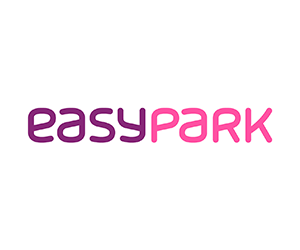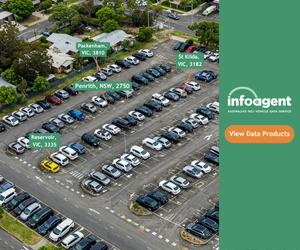Insights from Alison Betz, PhD, and Kathrine Vigneau
At the AFLA Fleet Conference last month, industry experts Alison Betz, PhD, from ABA Technologies Inc, and Kathrine Vigneau of Matrix Consulting Group led an insightful discussion on the importance of influential communication. Their presentation explored how mastering communication strategies can lead to improved performance, collaboration, and long-lasting professional relationships. Delegates left the session with practical tools to enhance their communication, tailored for diverse audiences, and actionable steps to boost their influence.
Defining Influential Communication
Influential communication is more than just passing information—it’s about conveying messages with clarity, conviction, and purpose. This process involves crafting an idea, encoding it in a way that resonates, and delivering it effectively through potential barriers. These barriers could include cultural differences, external noise, stress, personal perceptions, or even how the message itself is structured.
Effective communicators are aware of the obstacles that stand between them and their audience. Alison and Kathrine stressed that influential communication involves breaking through these barriers by:
- Recognising cultural differences and adapting accordingly
- Minimising noise, distractions, and emotional stressors
- Focusing on clarity of the message
Understanding the audience’s generation, culture, beliefs, and experiences is critical to tailoring communication. For example, speaking to a seasoned executive versus engaging with younger, entry-level employees might require different approaches in tone, style, and content.
To succeed in influential communication, you must first identify who you’re trying to influence, whether it’s family, customers, colleagues, or the community. Each audience type requires a different strategy. For instance, influencing a colleague may call for a more direct, fact-based approach, whereas communicating with a community group could involve empathy and shared values.
Persuasion is at the heart of influential communication. The speakers underscored the importance of positivity and providing detailed, relevant examples that show the benefits to the audience. Let’s flip this, they advised against using negative language, which can quickly diminish trust and derail your message.
One of the most important lessons from the session was the power of clarity. Key takeaways include:
Conciseness: Say what needs to be said without unnecessary details.
Clear Intent: Ensure the audience understands your purpose.
Follow-Up: Ask for feedback and confirm understanding to avoid miscommunication.
Building trust through sincere communication is a must for any leader or professional seeking to influence others. Credibility and trustworthiness form the foundation of a strong communication strategy, and without these, communications can fail.
Effective communication isn’t just about speaking it is also about listening. Alison and Kathrine explained how active listening builds trust, promotes learning, and fosters two-way communication. It avoids misunderstandings, boosts emotional intelligence, and encourages openness, innovation, and stronger relationships.
There are several types of listeners we need to identify: appreciative, comprehensive, critical, and empathetic. Empathetic, or active listening, is especially powerful in the workplace, as it involves understanding what someone is saying, what they’re thinking, feeling, and doing. This listening approach creates a deeper connection and fosters meaningful dialogue.
Non-verbal communication is equally important. Whether you’re giving feedback or addressing a frustrated team member, body language plays a role. For instance, crossed arms or sitting down in a closed-off posture can signal discomfort or dissatisfaction. Understanding and using body language effectively in your communication can help navigate difficult conversations and foster a positive workplace environment.
The practical applications of influential communication in the workplace are vast. From delivering performance feedback to increasing productivity and enacting change, clear and sincere communication paves the way for success. Our speakers offered strategies for improving communication skills, such as paying close attention to the speaker, asking questions, requesting feedback, and engaging in formal communication exercises.
Influential communication is not just a tool for getting your point across, it’s a means to create a positive and thriving workplace culture. Alison and Kathrine challenged delegates to ask themselves: “What can I do tomorrow to make my communication more influential?” Whether it’s through active listening, maintaining honesty, or providing constructive feedback, the goal is to build a culture of trust, collaboration, and performance.
Alison Betz and Kathrine Vigneau’s session at the AFLA Fleet Conference delivered essential insights into the art of influential communication. By emphasising clarity, sincerity, and active listening, they provided delegates with actionable strategies to break through communication barriers and connect more effectively with diverse audiences. Their guidance empowers professionals to influence with purpose, whether in daily team interactions or broader organisational initiatives. The lessons shared during this session offer a roadmap for creating a positive, collaborative workplace culture where communication drives performance, fosters trust, and supports long-term success.
Did you find this article interesting? Click the ‘heart’ button above to give it a ‘like’!














